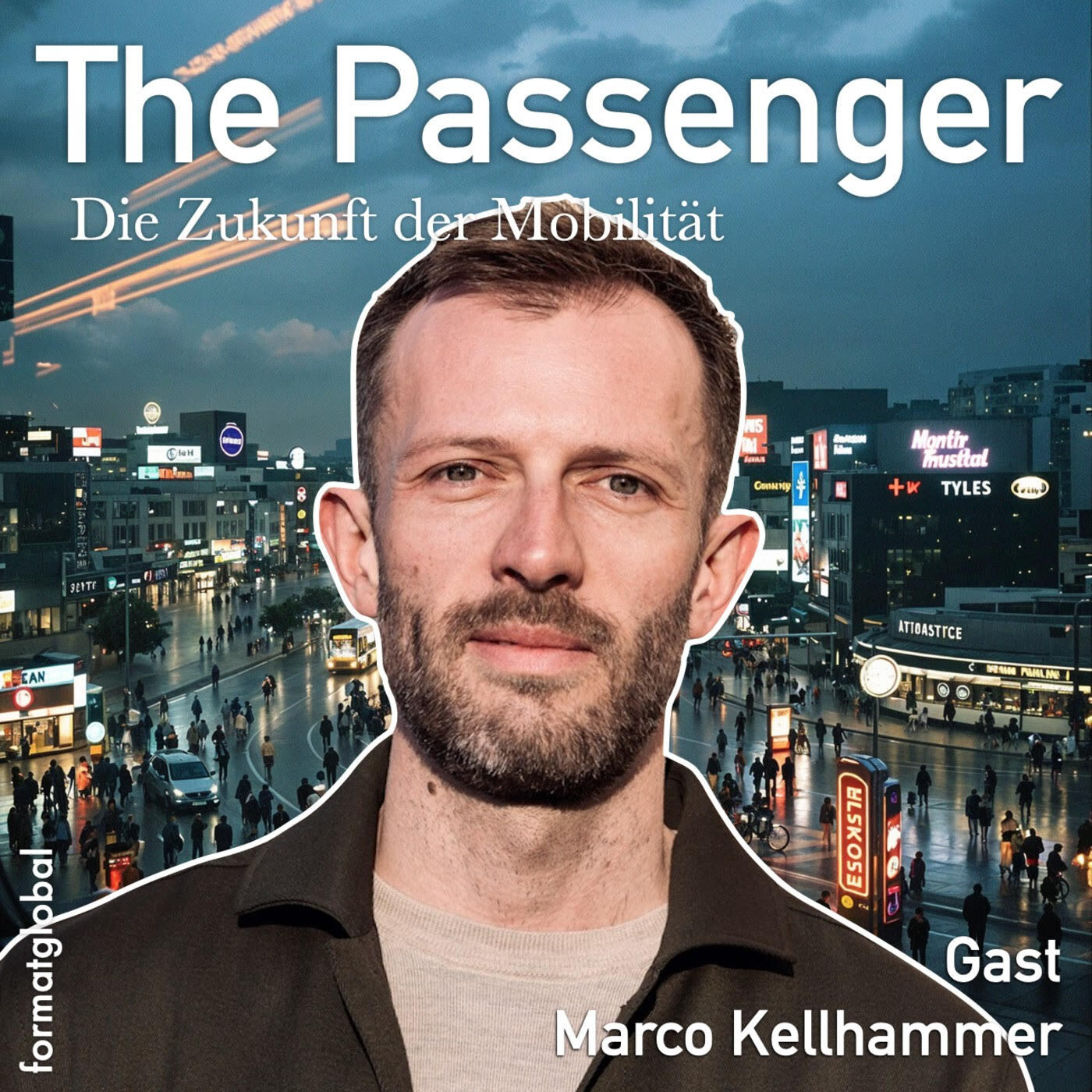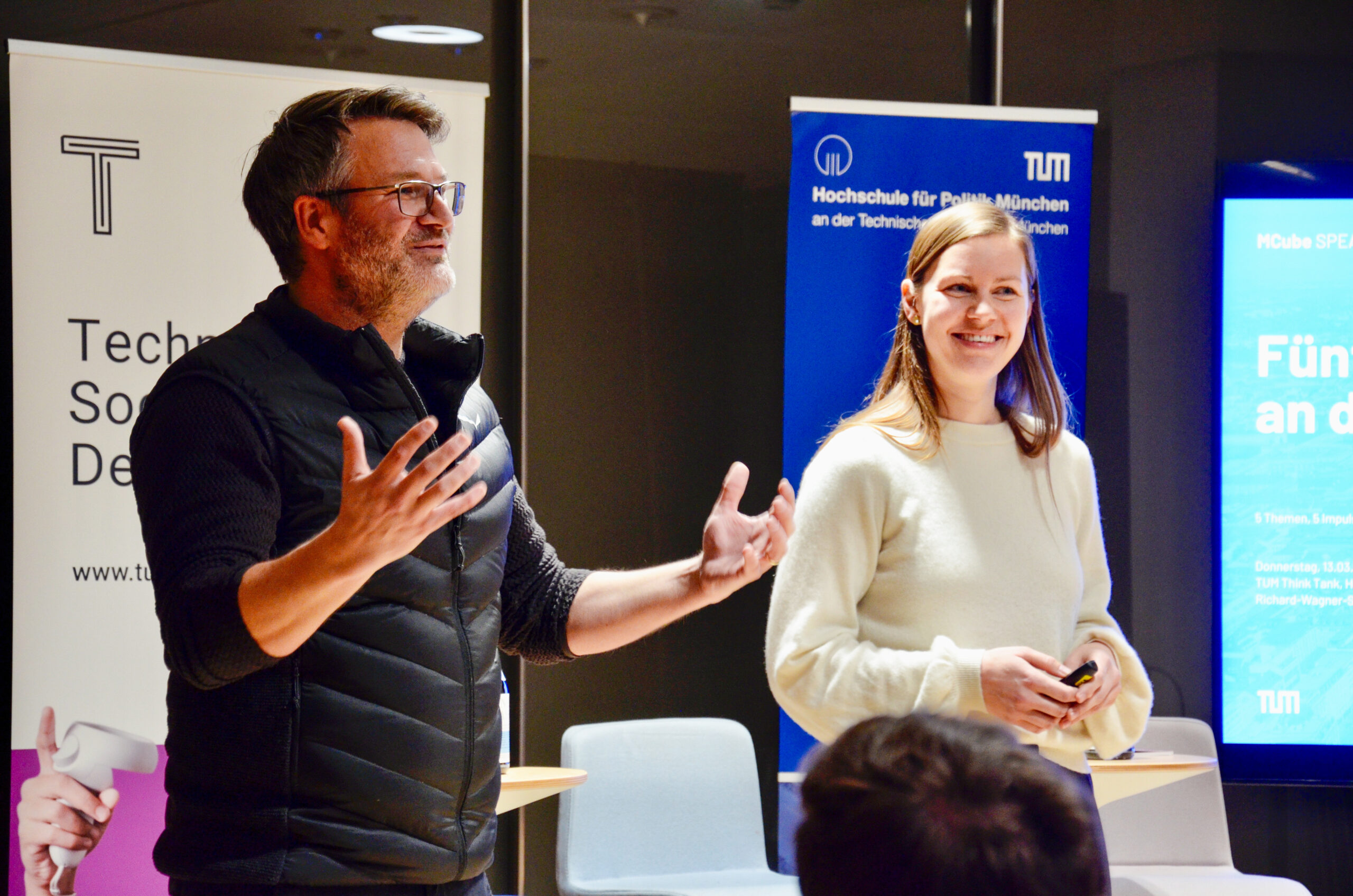Newsletter from November 2023
MGeM: Identifying and combating mobility (in)justice in the city of Munich
A broad focus on equity promotes social equality and inclusion and contributes to reducing conflicts for harmonious social coexistence. Mobility equity increases acceptance and support for projects. At the same time, it is crucial for sustainable development, as it promotes the use of active transportation and reduces emissions. The pioneering project "Mobility Justice in Metropolitan Regions" therefore aims to identify and tackle inequalities in the city of Munich.
In order to identify and highlight inequalities in the city of Munich, the project team has published the Mobility (in)equity atlas for Munich. At its core, the mobility (in)justice atlas attempts to answer critical questions about mobility inequalities in Munich. Where do mobility inequalities exist in Munich? How can we visualize them? What are the critical areas? By answering these questions, the atlas serves as a powerful tool in the ongoing fight for fair and just mobility. By combining the perspectives of different actors involved in the project, the main goal of the atlas is to identify and visualize areas of mobility injustice in Munich. These areas are characterized by a disproportionate presence of disadvantaged social groups, coupled with limited mobility resources or significant negative impacts of transport. The focus on these disadvantaged groups highlights the importance of inclusive urban planning and policy. It strives to empower decision-makers and advocates to take targeted actions that prioritize equitable transport solutions for all.
The project team invites all stakeholders to explore the mobility (in)justice atlas and collaborate in the search for a more inclusive and sustainable urban future:
Mobility (in)justice atlas: https://shorturl.at/xILO3
Mobility (in)justice tool: http://accessibility-atlas.de/
Subjective perceptions of mobility justice are just as important as objective ones. For this reason, an innovative questionnaire was developed for the city of Munich that asks citizens for their direct perceptions of what constitutes a fair/unfair mobility system in the city of Munich. Would you like to take part in our questionnaire? We would like to hear from you: https://www.soscisurvey.de/MobilityJusticeSurvey/
The combination of qualitative and quantitative methods is an important innovation of the project. Quantitative data from the atlas/tool on mobility inequality and the questionnaire are supplemented with qualitative data from micro-story interviews on mobility experiences and perceptions with citizens in Berg am Laim. These will be translated into mobility profiles in cooperation with the residents in a community peer review process, which can be incorporated into further planning steps.

